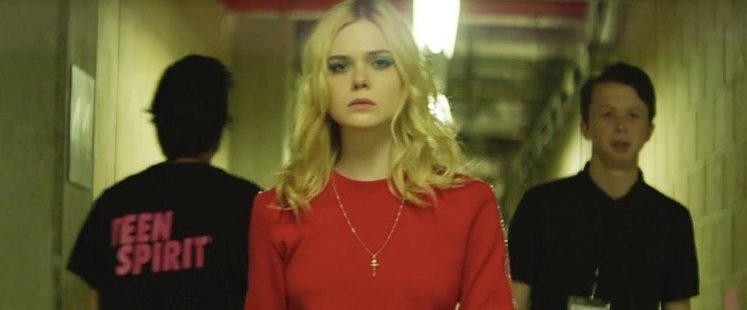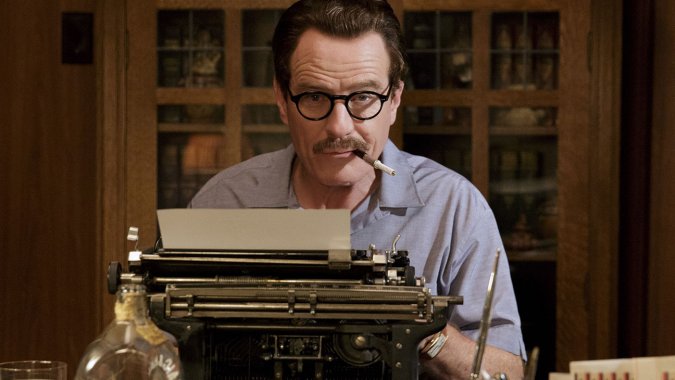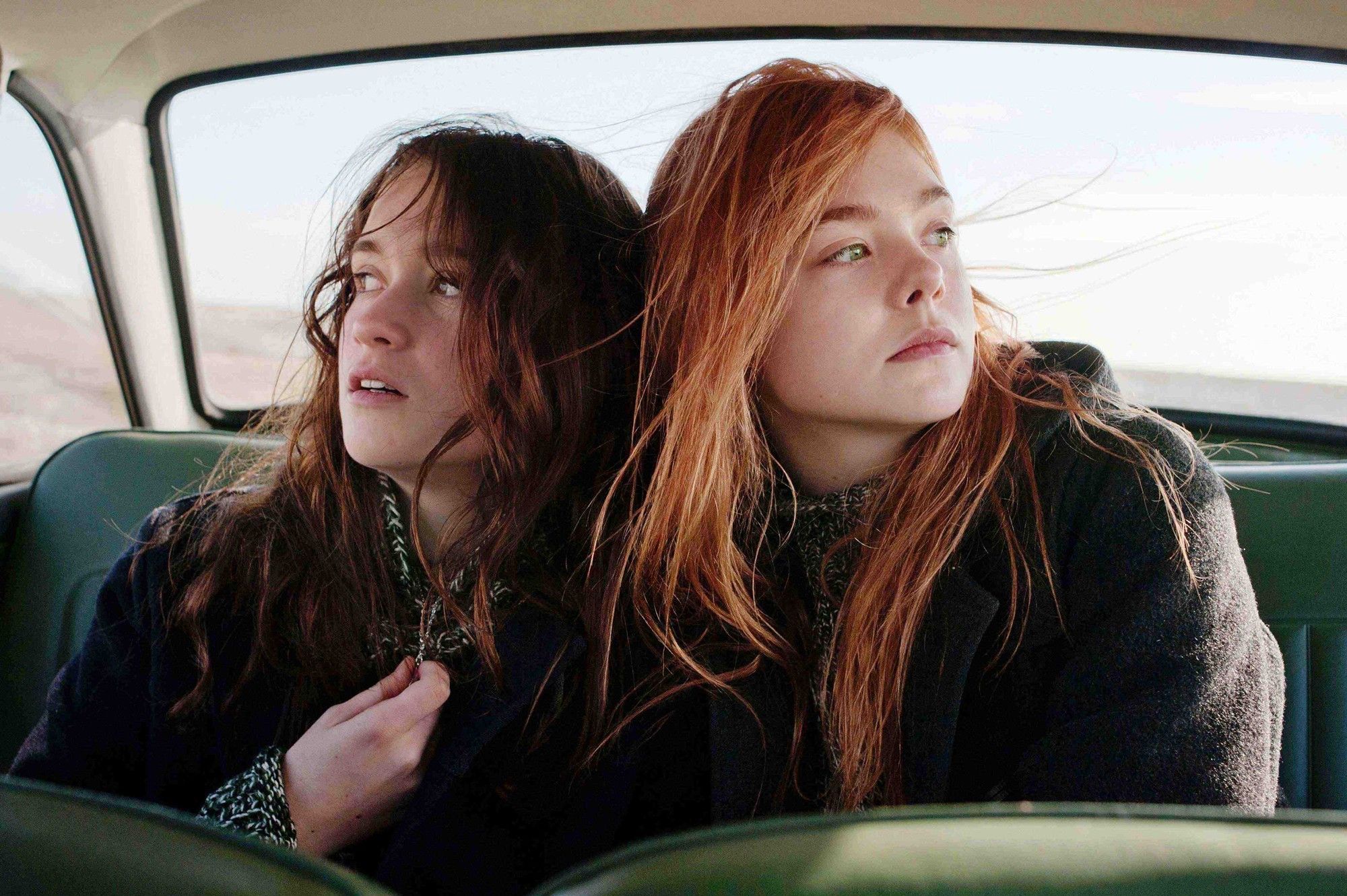
In the appealing Teen Spirit, Elle Fanning plays a Polish working class girl on the Isle of Wight who competes in a fictional British version of American Idol. Even though she is immensely talented, she is not one of the popular kids. And, recognizable as a teenager – she is bored and she resents being bored. Seemingly a hopeless underdog, she finds a mentor in the local barfly Vlad (Zlatko Buric), a former opera singer fallen on hard times.
Yes, Teen Spirit is firmly in the underdog competition genre – and we know that the story will climax in the Big Game, the Big Match or – as here – the Big Sing-off. As with any genre, one of these movies can be an empty, cliche-ridden formula or a masterpiece (Rocky) or something in between. Teen Spirit may not be a Rocky, but, thanks to writer-director Max Minghella, it is well-crafted and has a heart.
It should be noted that Elle Fanning actually does the singing in Teen Spirit – and sings very well. Given that Rami Malek just won an Oscar for lip-syncing, we should bestow a Nobel upon Fanning. She has an ethereal voice and has shown herself to be a fine actress who can carry a more challenging story than this. Both she and Buric are excellent.
First time director Minghella paces the film very well and delivers some flashy movie making, with fast cuts and pounding soundtrack, sometimes giving the effect of being inside a disco ball. All for the good. To his credit, Minghella also follows Billy Wilder’s screenwriting advice – when your story is finished, don’t hang around.
I saw Teen Spirit at Cinequest, and Elle Fanning appeared for a post-screening interview. Teen Spirit opens this weekend in the Bay Area.



